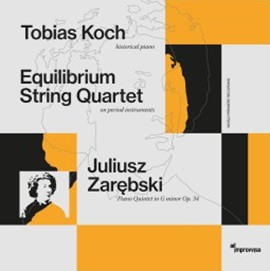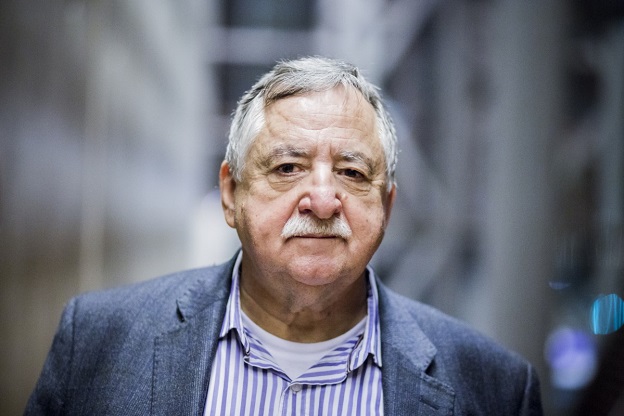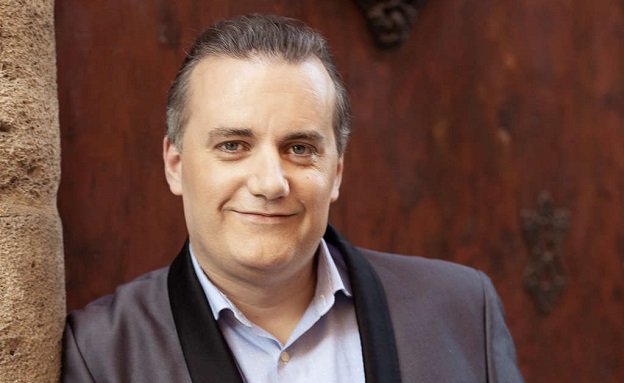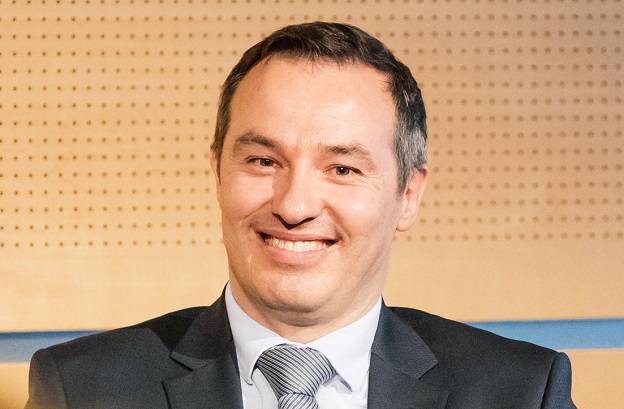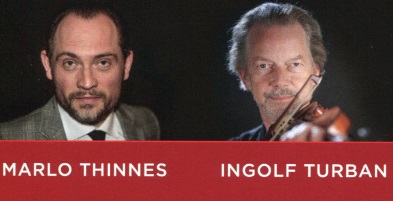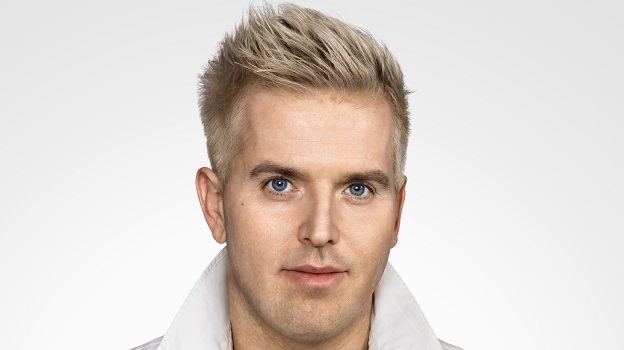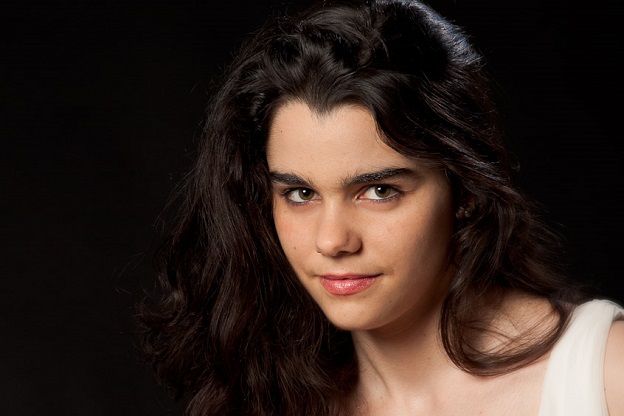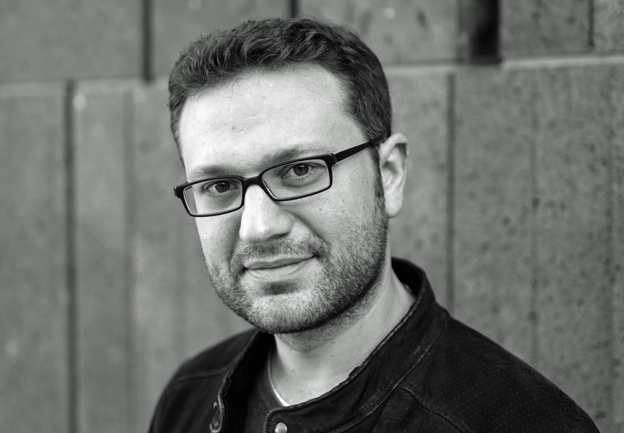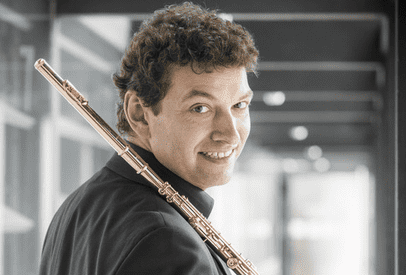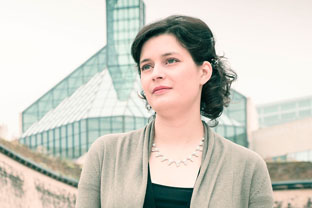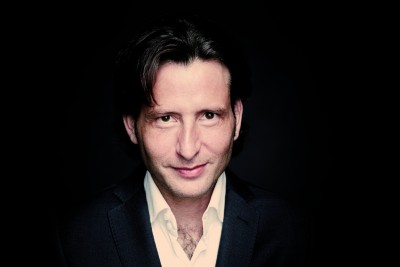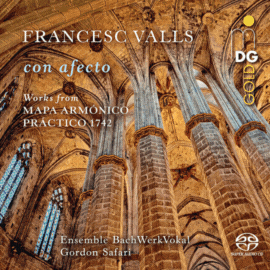We know very little about Simone de Bonefont, except that he was a canon and singer at the Cathedral of Clermont-Ferrand. How did you discover this composer?
I was researching choral books at the Austrian National Library in Vienna. I came across a book by the publisher Nicolas du Chemin, published in Paris, which presented this work by Simone de Bonefont. Read More →
Among the winners of the International Classical Music Awards 2021 is the CD Fantasque produced by Audite and played by the violinist Franziska Pietsch and the pianist Josu de Solaun. It contains Sonata no. 1 op. 13 in A major by Gabriel Fauré, the Sonata in G minor by Claude Debussy, the Sonata no. 2 in G major by Maurice Ravel and the Sonata for violin and piano by Francis Poulenc. Florica Jalba from Jury member Radio Romania Muzical made the following interview with Josu de Solaun. Read More →
What does this award mean to you, the person who chose this program and conducted the performance?
The prize primarily brings a sense of satisfaction and pride, but not so much personal pride as much as the pride that two Croatian vocal compositions won this award, and in an international interpretation as well, which adds a special importance to it and gives me an immense pleasure. Read More →
Herr Turban, Herr Thinnes, Sie haben zusammen eine Gesamtaufnahme aller Violinsonaten Ludwig van Beethovens für das Label Telos aufgenommen. Eine vielleicht banale, aber dann doch sehr interessante Frage ist: Wie kam es eigentlich dazu? Denn soweit ich weiß, haben Sie anlässlich dieser Aufnahme zum ersten Mal überhaupt miteinander im Duo gespielt, stimmt das?
IT: Als mich vor einigen Jahren der künstlerische Chef des Labels Telos Music, Joachim Krist, fragte, ob ich bereit wäre, alle zehn Beethoven-Sonaten für Klavier und Violine mit dem saarländischen Pianisten Marlo Thinnes zunächst aufzuführen und dann auch aufzunehmen, weiß ich noch, wie ich geradezu erschrak. „Ich….? Alle Beethoven-Sonaten…??“ Read More →
Herr Ettinger, schaut man auf Ihre Biografie, so fällt auf, dass Ihnen offenbar der Dirigierstab nicht in die Wiege gelegt wurde: Sie begannen als Pianist und als Bariton. Wie kam es dazu, dass Sie ins Dirigierfach wechselten?
Schon als Kind hat mir mein Vater auf meinen Wunsch Taktstöcke der Marke Hamel von seinen Geschäftsreisen aus Deutschland mitgebracht, von denen ich einen bis heute benutze. Ich kann mich erinnern, dass ich vor dem Spiegel ‘dirigiert’ und sogar die Rituale eines Konzertes mit Auf- und Abtritt simuliert habe. Dieses Kinderspiel war eigentlich mein noch unbewusster Wunschtraum, lange bevor ich erfahren habe, was das Leben für mich bereithält. Read More →
Haben Sie ein Klangideal?
Ich mag es, wenn der Ton intensiv ist. Er sollte mit Vibrato schwingen, aber auch nicht zu breit und dadurch unscharf werden. Hauptsache, es brennt darin wirklich. Durch mein Studium in Frankreich und Deutschland habe ich den Unterschied zwischen französischem und deutschem Klangideal kennen gelernt. In Frankreich geht es darum, dass die Musik spricht. Das deutsche Ideal zielt mehr aufs Singen ab. In Frankreich ist dafür die Rhetorik extrem wichtig. Read More →
Ich habe gerade hier eine ältere Aufnahme aus dem Jahre 1960 vor mir liegen. Auf der Rückseite findet man Bezeichnungen wie Executive Producer, Producer, Tonmeister, Editor. Was bedeuten sie eigentlich konkret?
Nun, die Bedeutung von vielen dieser Bezeichnungen hat sich im Laufe der Jahrzehnte stark verändert. Auch hängt ihre Definition von den jeweiligen Ländern ab. Read More →
Welche Energie hat Ihnen dieser Aufnahmeort gegeben?
Dieser fabelhafte Ort vermittelte eine tiefe Ruhe. Auch die unmittelbare Nähe zu den Bergen gibt ein erhebendes Gefühl. Viele Faktoren spielen bei einer Musikaufnahme eine Rolle. Es ist gut, wenn man sich dafür an einen Kraftort begibt. Und natürlich war im Sommer 2020 eine große Erleichterung, nach dem ersten Lockdown überhaupt wieder spielen zu können. Die wunderbare Partnerschaft im Trio und mit dem Aufnahmeleiter Frédéric Angleraux kamen als weiterer Glücksfall dazu. Read More →
Für Ihre SACD Mysteries (Pizzicato Rezension) haben Sie Werke von Nikolai Myaskovsky und Nicolas Bacri gegenübergestellt. Wie ist es zu diesem Programm gekommen?
Als ich vor etwa 2 Jahren die Musik von Bacri entdeckte, war ich sofort begeistert von deren hochemotionaler Lyrik. Ich suchte also nach Klavierwerken und stieß rasch auf die 2. Klaviersonate, die mir gerade durch ihren Facettenreichtum sehr gut gefiel. Read More →
Herr Gimeno, Sie sind seit 5 Jahren Chefdirigent des Orchestre Philharmonique du Luxembourg (OPL). Welche Bilanz können Sie jetzt schon ziehen?
Zunächst möchte ich sagen, dass ich sehr glücklich hier in Luxemburg bin und meine Bilanz auch sehr positiv ist. Wenn man als Dirigent neu zu einem Orchester kommt, braucht man Zeit, um sich aneinander zu gewöhnen, um einen gemeinsamen Puls zu finden, gemeinsame Ideen, ein gemeinsames Ziel. Read More →




